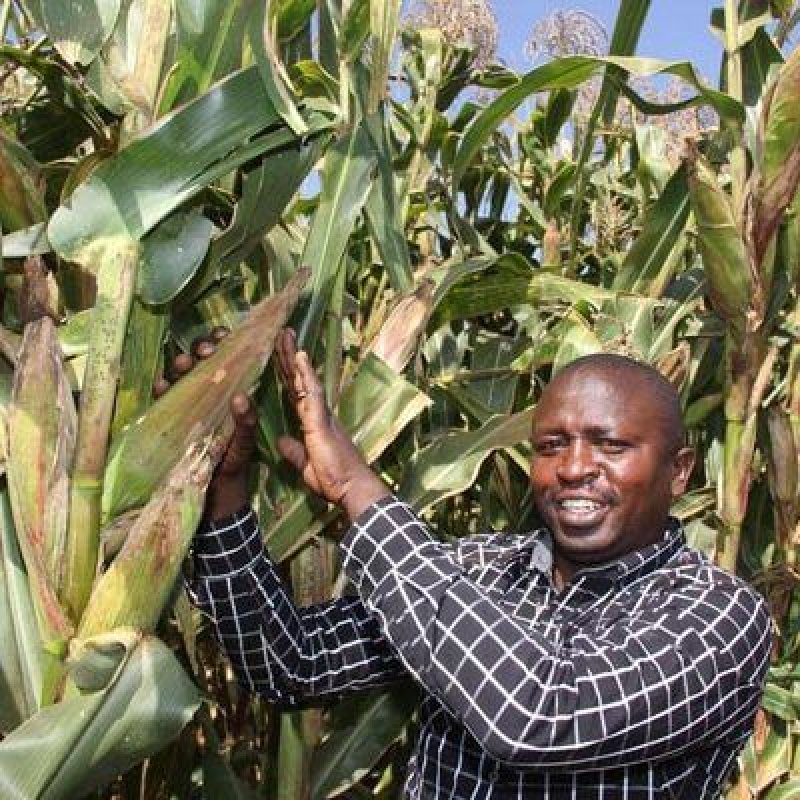[Editor’s note: Gilbert Arap Bor grows maize, vegetables and dairy cows on a small farm in Kenya. Mr. Bor, a lecturer at the Catholic University of Eastern Africa, is a member of the Global Farmer Network and was honored as the 2011 Kleckner Trade & Technology Advancement Award recipient.]
Many Kenyan farmers, like me, had hoped that 2016 finally would be the year that the National Environment Management Authority (NEMA) allows open field trials of Bt maize…
On November 30 [2016], the Kenyan National Assembly slowed us down even more when they “upheld the ban imposed on importation of GMO food by the then Minister for Public Health, Beth Mugo in 2012”.
…
My hope is that we’ll turn this around – and that within five years, Kenya will become a leader among African nations in the adoption of biotechnology. The planting of GM maize and cotton should become commonplace, leading to increased production, more economic activity, and better food security.
…
On GMOs, we’re poised to show the way. We know the science. We’ve issued the basic regulatory approvals through our National Biosafety Authority. We’ve set up collaborative partnerships with the Africa Agricultural Technology Foundation and the Kenya Agricultural and Livestock Research Organization. Our population now numbers 46 million and it’s growing. We can barely feed ourselves,
Our population now numbers 46 million and it’s growing. We can barely feed ourselves…
The GLP aggregated and excerpted this blog/article to reflect the diversity of news, opinion, and analysis. Read full, original post: Opinion: Agricultural technology can’t be ignored































